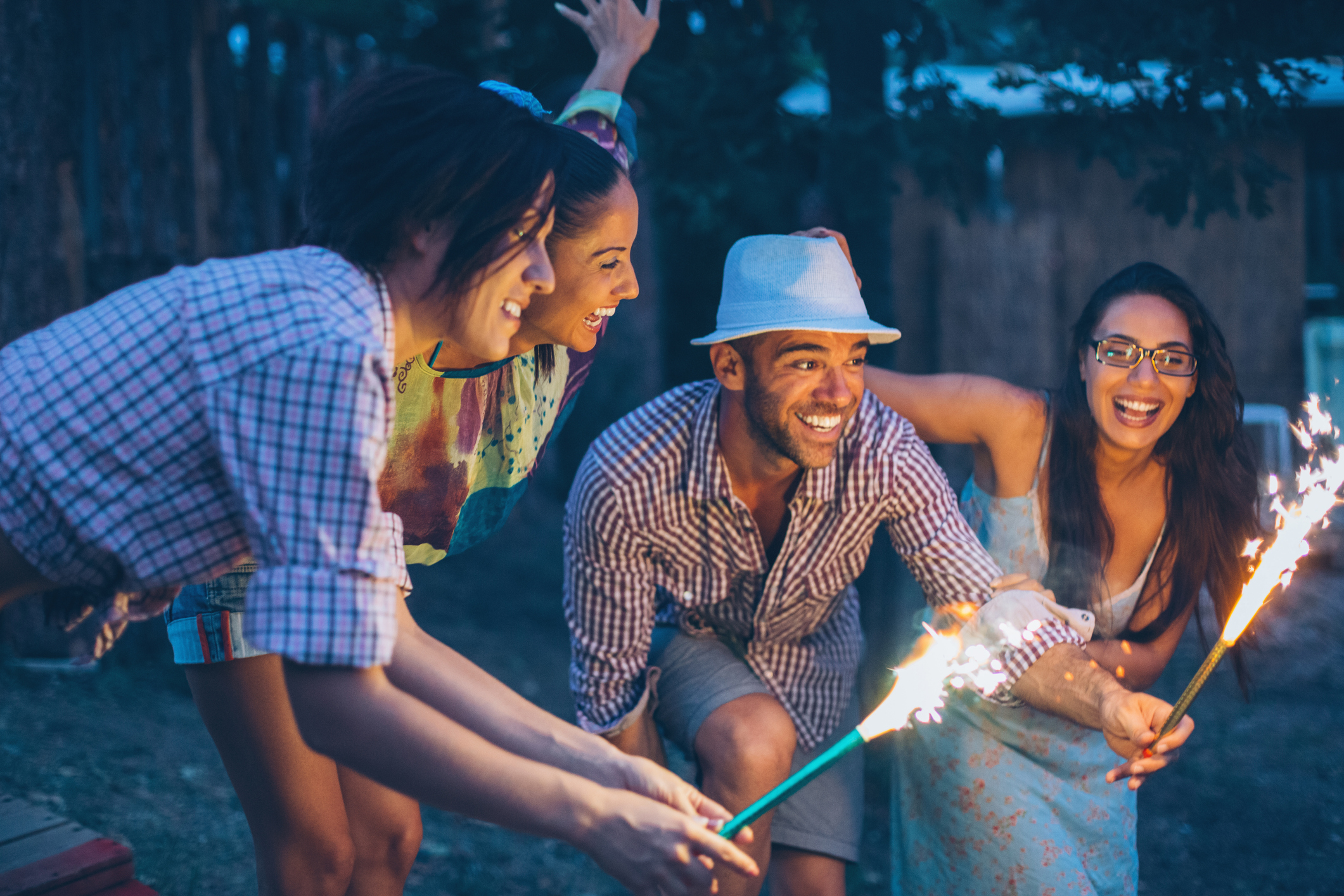Statistics show that loneliness and isolation can take a toll on our overall health. Communities can be formed through shared interests in sports, work, hobbies, or religion. In many cases, having a shared interest gives you the opportunity to create a true social connection.
I recently saw statistics on what contributes to our health and was surprised to see that individual behaviors contributed 40% while genetics were only 30%.
I also recently had the pleasure of hearing a keynote from Dr. Vivek Murthy, former U.S. Surgeon General. Given his vast knowledge and experience, I expected to hear an in-depth technical talk about how to improve healthcare in the U.S. The talk was not technical at all but rather an incredibly motivating talk about the importance of protecting one’s emotional well-being. Dr. Murthy believes strongly in the 40% of individual behaviors that contribute to our health. Dr. Murthy talked about the impact of living with positive emotions and that one of the best tools is social connection. Isolation and loneliness can be extremely damaging to emotional well-being and 20% of adults suffer from loneliness.
Individuals can suffer from isolation and loneliness even when surrounded by people. Feelings of isolation can happen to people from all backgrounds, ages, and income levels. Some of us get so busy working we forget to make true connections. Some of us lose someone we love and need more community support. So, it’s important that we take the time to create true social connections.
My neighbor recently lost her husband of 56 years. Obviously, she struggles with the loss, but I was struck this weekend when talking with her that what she needs most right now, 3 months after his death, is social connection. She needs someone to chat with, to just ask how she’s doing. She needs to not feel isolated and know she has a community that cares.
The fact is, we are better when we have connections – friends, family, or community members with whom to socialize. I call my closest friends my 3 a.m. people. I know that at 3 a.m. I can call any of the ladies I lovingly call my ‘YaYas’ and any of them would answer and help. I believe that everyone needs 3 a.m. people – and communities with which you relate. For example, communities can be formed through shared interests in sports, work, hobbies, or religion. In many cases, having a shared interest gives you the opportunity to create a true social connection.
Dr. Murthy passionately declared, “we need each other” – and I completely agree. I encourage you to take the time to make true social connections. Don’t go it alone. Participate. Connect and be there for each other.
At the end of the day… is an expression meaning an assessment of essential facts and truths. It’s a summation of the pros and cons of any situation and a straightforward statement of what really matters. It’s also the title of this blog series by Brenda Hodge, Nuance Healthcare’s Chief Marketing Officer, with insights about leadership, empathetic customer relationships, and marketing techniques.







